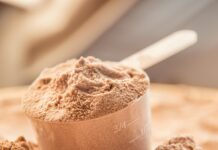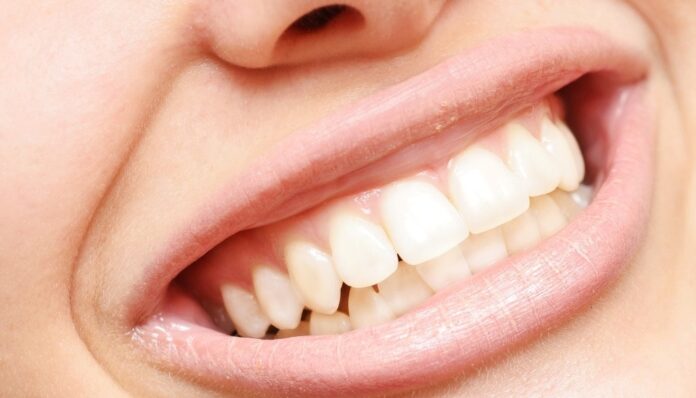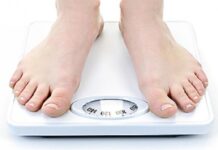Strong and healthy teeth are a priority for everyone. Studies have shown an interconnection between the mouth’s health and an individual’s overall health, and they are directly proportional to one another. Teeth are meant for chewing and breaking food into small pieces. This is achieved through grinding and masticating. This is important as the oral cavity is a narrow passage and only small particles of food can pass through it. Teeth also decrease the surface area of food, providing enzymes with more area to attack. The food that is broken down by the action of the tooth is rolled to form a bolus by the tongue.
Teeth are, therefore, very important and perform a variety of functions. They also improve the physical appeal of an individual. In this article, we will discuss some tips to improve the health of your teeth.
1. Fluoride
Fluoride is derived from an element present in the soil. Studies have shown that fluoride aids in preventing cavities and is the most common ingredient in toothpaste and mouthwash. However, some dental products lack fluoride and consuming such products compromises teeth health. Studies have shown that the lack of fluoride can cause the tooth to decay at an alarming rate. Such people are more than welcome to take other preventive measures, but that will not stop tooth decay.
WHO has recommended the addition of fluoride to the water supply. People should make sure that the water they are consuming contains fluoride. It is believed that bottled water usually lacks fluoride as reverse osmosis filters it.
2. When and how to brush
It is a well-known truth that brushing teeth twice a day is a very important practice for removing bacteria and harmful pathogens. If one does it wrong, brushing is to no avail. Circular motions should be opted for while brushing. Back-and-forth motions should be avoided. The process shall be continued preferably for 2 to 3 minutes.
brushing in an aggressive manner can damage the enamel of the tooth. A toothbrush bearing soft bristles shall be used, and it should be changed after every three months.
3. Flossing regularly
Flossing is effective in removing bacteria and potential pathogens that are left over after brushing. This is because a toothbrush cannot access all the parts of the teeth. Floss prevents bad breath. It does it by removing food debris that is left over or hidden between teeth. Dentists worldwide suggest against snapping the floss up and down between the teeth because it can result in some severe pain and will also decrease the effectiveness of the process.
4. No smoking
Smoking affects the body’s immune system. When the immune system is compromised, it becomes difficult for the body to undergo the healing process. This also affects the damaged tissues in the mouth. Smoking is also considered a direct threat to teeth as it can cause gum diseases. Smoking also impacts the physical appeal of an individual as it causes yellowing of teeth and can give breath a bad odor.

















